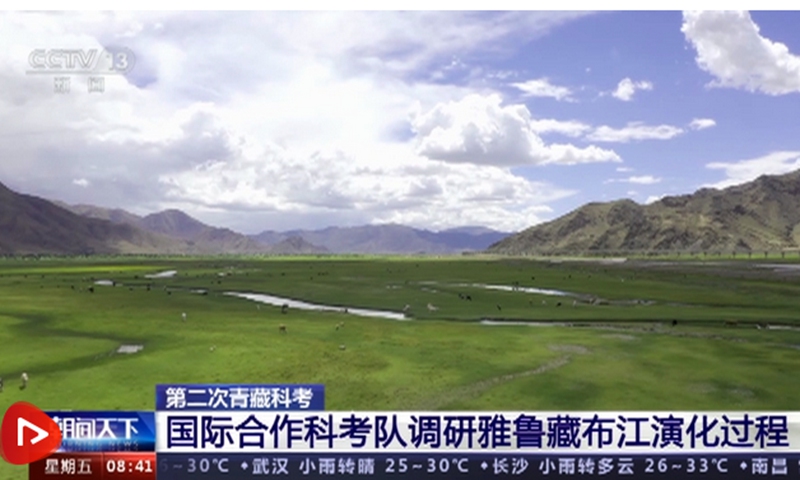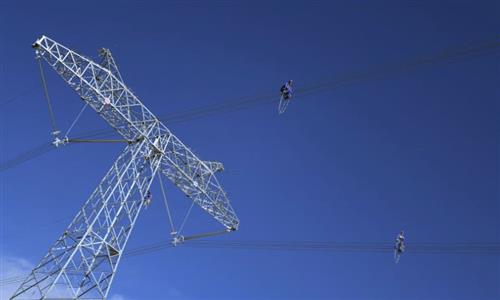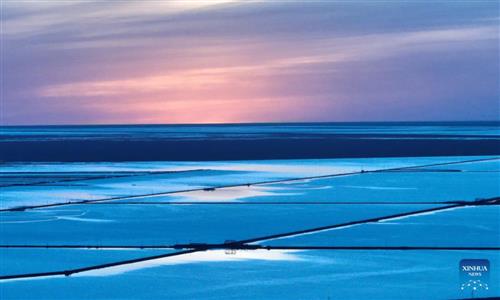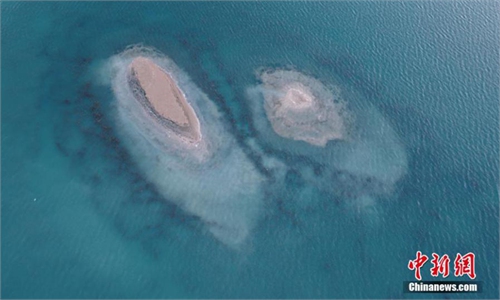Intl scientists complete joint exploration in Qinghai-Xizang Plateau, focusing on evolution, ecological environment of Yarlung Zangbo River

Photo: A screenshot from China Central Television
International scientists conducted research in the Xigaze section of the Yarlung Zangbo River in Southwest China's Xizang (Tibet) Autonomous Region on June 20-29 during a scientific expedition to the Qinghai-Xizang Plateau, focusing on the evolution of the Yarlung Zangbo River and its ecological environment changes, China Central Television (CCTV) reported.
The Yarlung Zangbo River is one of the rivers with the highest altitude in the world. Its source is the Gyaimanezong Glacier located in the Zongba county in Xigaze.
During the research in the Xigaze section of the Yarlung Zangbo River, the scientists carried out investigations on rock genetic types, sedimentary environment analysis and river sediment transport process, based on which they reach various consensus, including that the formation and evolution of the Yarlung Zangbo River are closely related to the geological evolution since the Cenozoic collision between India and Eurasia.
We reach a primacy conclusion that the desertification problem of the Yarlung Zangbo River may be jointly caused by the evolution of the entire valley and the melting of glaciers, Wang Chengshan, an academician of the Chinese Academy of Sciences and professor from the China University of Geoscience (Beijing), told Xinhua News Agency.
During the exploration, foreign experts also visited Xizang and learned about Xizang's economic, social and technological development. They told media that they looked forward to further strengthening in-depth cooperation with Chinese scientists in the fields of Qinghai-Xizang Plateau evolution and ecological environment protection, and contribute to the promotion of global scientific and technological progress and regional sustainable development.
Artemieva Irina, who is a member of the Academia Europaea and president of the European Geosciences Union, told CCTV she felt honored to be part of the exploration this time, noting she had the opportunity to view China and the Xizang region from a brand new perspective. She said she was very impressed and the research also gave her a new angle for future scientific cooperation.
Global Times



